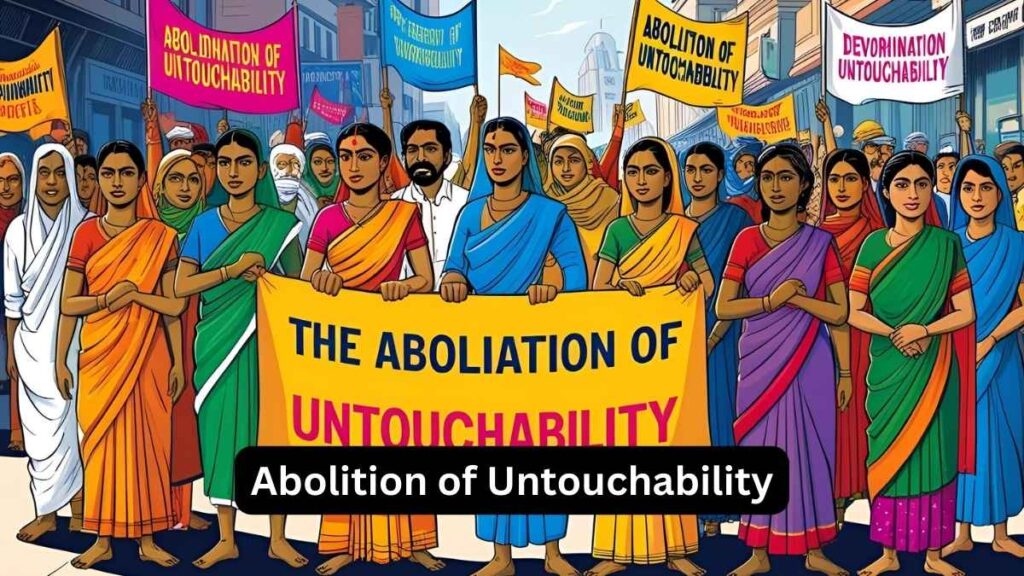Font size:
Print
Right to Disconnect and India
Context:
The recent tragic death of an Ernst & Young (EY) employee in September, allegedly due to work-related stress, has reignited the debate over workplace well-being in India.
More on News
- MP Shashi Tharoor expressed his concern, stating that he would address the issue in Parliament, adding that “inhumanity at the workplace must be legislated out of existence.”
- This incident, alongside alarming statistics, underscores the urgency of legislating the right to disconnect.
- A report by The Hindu reveals that Indian women in professional fields like auditing, information technology, and media often work over 55 hours a week.
- The toll is even higher for marginalised communities in unorganised sectors.
- A study by the ADP Research Institute found that 49% of Indian workers report workplace stress adversely affecting their mental health.
What Is the Right to Disconnect?
- The right to disconnect empowers employees to detach from work-related communication outside working hours.
- Several countries have enacted laws to uphold this right.
- In France, a landmark 2001 ruling by the Labour Chamber of the Supreme Court declared that employees are not obligated to work from home or be reachable after hours.
- Similarly, Spain’s Organic Law 3/2018 guarantees public workers the right to switch off work devices, preserving their personal time and privacy.
- Australia and Ireland have also recognised this right, ensuring better work-life balance for employees.
India’s Legislative Gap
- India lacks a dedicated law guaranteeing the right to disconnect.
- While the Constitution, Directive Principles of State Policy, and various court rulings emphasise workers’ welfare and dignity, implementation remains limited.
- Article 38 of the Constitution mandates that the state strive to promote the welfare of its people, while Article 39(e) directs policies toward safeguarding workers’ health and strength.
- Judicial interventions, such as Vishakha v. State of Rajasthan (1997), established workplace dignity as a fundamental right.
- However, prolonged working hours and workplace stress remain pervasive issues.
- A notable legislative attempt came in 2018 when MP Supriya Sule introduced a Private Member Bill advocating for the right to disconnect.
- The bill proposed penalties for non-compliant companies.
- Yet, no significant progress has been made in recognisng this right in recent years.
The Impact of Overwork
- Research consistently links overwork to adverse health outcomes, including stress and coronary heart disease.
- Contrary to the belief that longer working hours boost productivity, a study by the University of Oxford and BT showed a strong correlation between employee happiness and productivity.
- Employers must consider psychological well-being as integral to workplace management.
Way Ahead
- As India aspires to become the world’s third-largest economy by 2030, fostering workplace well-being is crucial.
- Recognising the right to disconnect is not only a step toward protecting employees’ health but also a driver of productivity and sustainable growth.
- A legislative framework addressing this need can ensure a balanced, dignified, and humane work environment for all.


